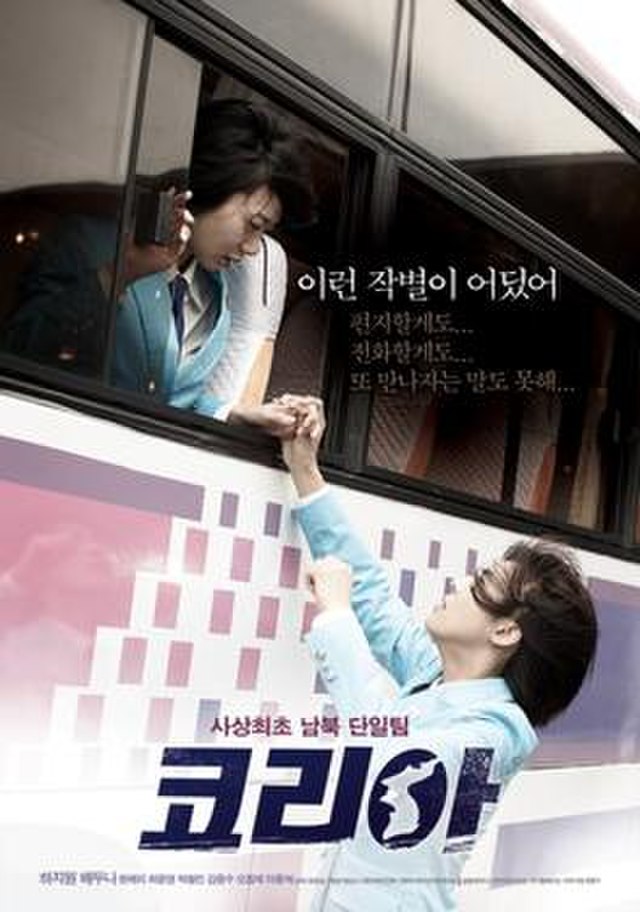Changing Perceptions
On an international scale, the BRICS association which consists of 5 emerging financial powers (Brazil, Russia, India, China and South Africa) have (or will have) all invested in major sporting events by 2018. South Africa, Brazil and Russia had/will have the FIFA World Cup, one of the greatest spectacles on the planet. China has and Brazil will have held the Olympic Games which is as big as the World Cup in attracting worldwide attention. These events cost billions to hold and run but can influence the world’s collective image of a nation. Hence the grand opening and closing ceremonies in which nations try to showcase their culture and create a positive brand of their nation which will hopefully lead to an increase in foreign investment or increased tourism in the future.
[caption id="" align="aligncenter" width="309"]
 China held the Olympics in 2008. Can the money spent on lavish ceremonies and stadia change the world's perception of China?[/caption]
China held the Olympics in 2008. Can the money spent on lavish ceremonies and stadia change the world's perception of China?[/caption]Bridging Divides
"Sport has the power to change the world…it has the power to inspire. It has the power to unite people in a way that little else does. It speaks to youth in a language they understand. Sport can create hope where once there was only despair. It is more powerful than government in breaking down racial barriers."
Nelson Mandela
(http://www.bbc.com/sport/0/25262862)
Sport can also influence people who have no interest in the games themselves. Sport can provide the perfect platform for groups to work cohesively together and encourage those watching to follow suit. Two famous examples stand out for me. One, during apartheid in South Africa when the Rugby World Cup was heading to SA. At that time only white players were allowed to play for the national team. Eventually, thanks to President Nelson Mandela, this rule was broken and black players were allowed to play. Despite initial disapproval, the nation soon got behind the team and their success was evident off the field by uniting the nation. The second example that springs to mind is the 1991 table tennis championships in China in which North and South Korea entered as a joint team and defeated the favorites China. This situation overcame the unique and unfortunate circumstances between the two Koreas.
[caption id="" align="aligncenter" width="554" class=" "]
 'Korea' or 'As One' was a 2012 movie that depicted the true story of the two Koreas united at last.[/caption]
'Korea' or 'As One' was a 2012 movie that depicted the true story of the two Koreas united at last.[/caption]Local challenges and Local Success
My favorite sport by far is ‘the Beautiful Game’ as it is known: football (or soccer depending on where you are). I love the sport like millions around the world. Growing up, not only does it help kids stay fit and learn to work in teams, but even as an adult it shows how sport is a universal language that can be enjoyed by everyone. Though playing time has become limited, I play with guys from nearly 10 countries, all whom have different backgrounds and languages yet while playing, everyone is able to communicate. By sensing the power and passion that football carries, some wise people have used it to promote great projects in underdeveloped communities. Academies set up by pros in Sierra Leone for example offer kids a chance to be a part of something meaningful and lighten up their otherwise grim lives. Even in western nations, football leagues have been set up in London for teenagers who are involved in gangs. Games kick off at 3am. Research showed that this was the peak of night when knife crime and anti-social behavior occurred among youths in the area. The project has been running successfully and helped teens explore other options out of gang life.
Sport is a financial giant with sponsors, merchandise, ticketing and stadia development all contributing to the games natural values. However, the power that sport brings should be worth greater investment. Games can bring families together to the couch, communities gather for cup finals and nations stand up and sing anthems as one. Everyone needs a sport of some kind to appreciate the effects it can over the individual and on a larger scales, institutes, governments and nations should appreciate the diplomatic value of sport.